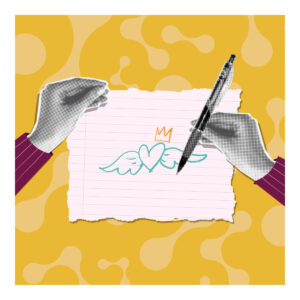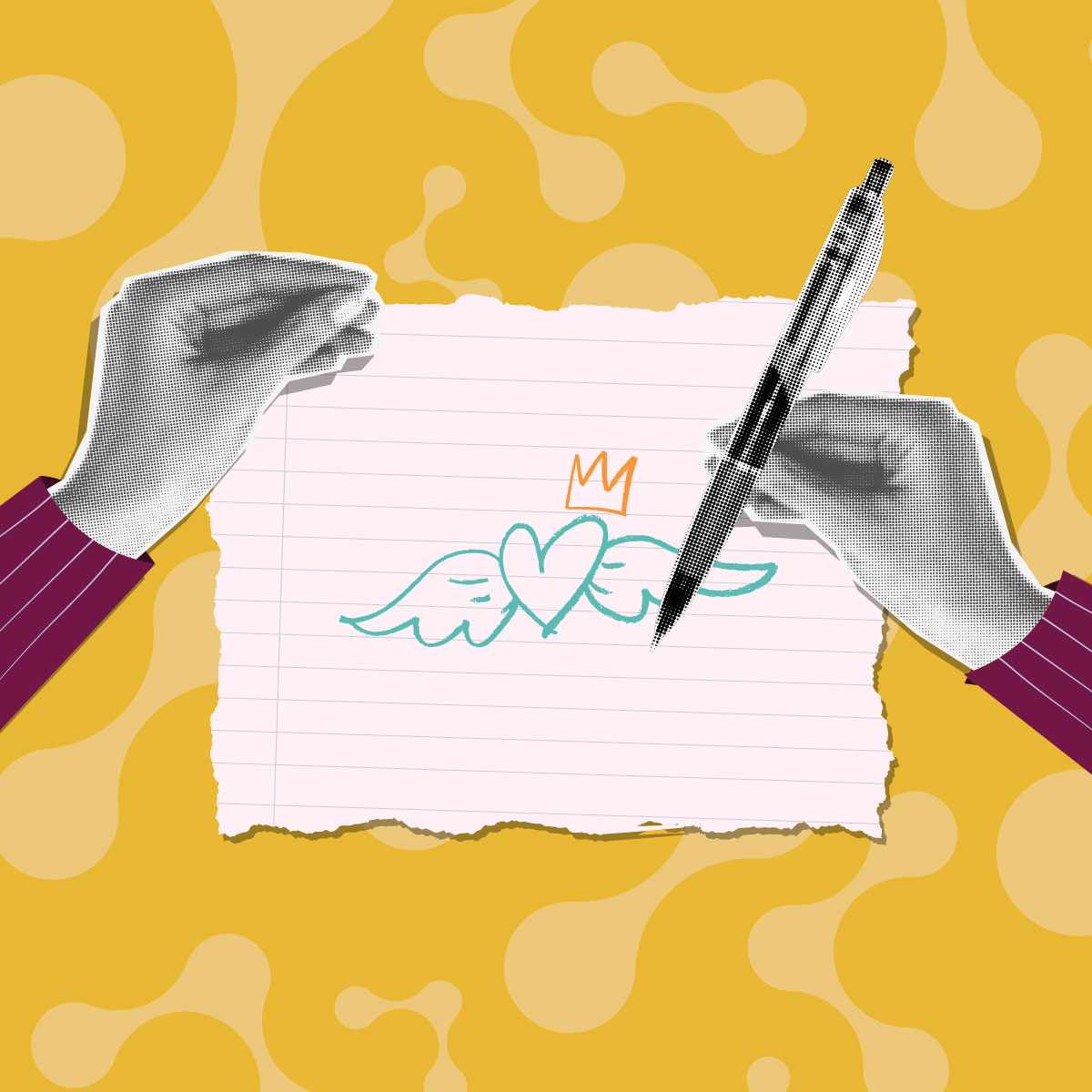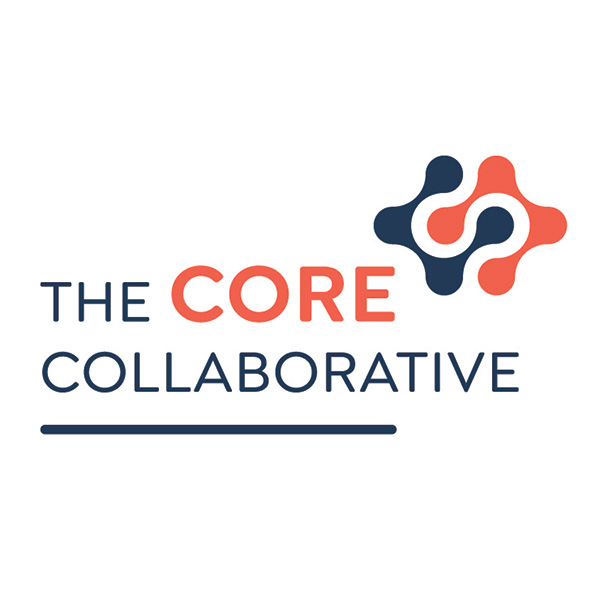These days, it’s easy to feel exhausted. The constant stream of divisive headlines, intense debates, and the nagging anxiety about our shared future can be overwhelming. Amid this turbulence, it’s more crucial than ever to ground ourselves in practices that nurture hope and resilience. One powerful and accessible tool at our disposal is gratitude journaling. This simple practice is not merely personal; it is transformative, fostering empathy, openness, and the collaborative spirit essential for democracy to flourish.
We can’t control how others respond or act; the only person we truly have control over is ourselves. As Viktor Frankl famously said, “Between stimulus and response there is a space. In that space is our power to choose our response. In our response lies our growth and our freedom.”
Frankl’s insight emphasizes the importance of pausing before reacting. It reminds us that although we cannot control external events or other people’s behaviors, we always retain control over our internal responses. This pause allows us to consciously choose responses that align with our values, fostering personal growth, emotional resilience, and greater freedom. Journaling empowers us to thoughtfully inhabit that space, allowing us to reflect deeply, process emotions, and heal by making sense of challenging experiences.
Why Journaling Matters: Research Insights
Journaling has been extensively studied for its psychological and emotional benefits. Research by psychologist James Pennebaker has shown that expressive writing, such as journaling, can significantly improve emotional well-being, reduce stress, and promote healing by helping individuals organize their thoughts and gain clarity about their experiences (Pennebaker & Evans, 2014). Regular journaling practices have also been linked to enhanced self-awareness, improved mood, and greater resilience.
By intentionally reflecting on what we appreciate about each other, our communities, and our shared democratic ideals, we reconnect to the values that bind us rather than the issues that divide us. Here are purposeful gratitude journal prompts designed specifically to inspire and strengthen your democratic spirit!
Advancing Metacognitive Clarity
Metacognitive clarity—the ability to reflect thoughtfully about our own thinking processes—is a foundational skill for personal growth and resilience. Gratitude journaling is uniquely positioned to strengthen this metacognitive muscle by encouraging deliberate, reflective thinking and deepening our self-awareness.
When we write about gratitude, we explicitly engage in a reflective loop: identifying what we value, exploring why we value it, and considering how this appreciation influences our mindset and actions.
This reflective practice invites us to step back, observe our mental and emotional states, and consciously choose responses that align with our core values. Through this deliberate process, gratitude journaling cultivates metacognitive awareness, helping us recognize patterns in our thinking, gain clarity around our emotional responses, and develop a greater sense of agency in shaping our lives.
Each journal entry is an intentional practice in self-monitoring and self-regulation, prompting us to consider:
- What am I feeling and why?
- How do my feelings influence my actions and interactions with others?
- How can I respond more intentionally and positively to challenges?
These questions activate metacognitive processes by fostering internal dialogue and deep reflection, enabling us to better understand and manage our emotional and cognitive responses to life’s complexities.
By combining the reflective power of gratitude journaling with metacognitive clarity, we not only nurture personal resilience but also build our capacity to engage thoughtfully and compassionately in democratic processes. This practice, at its core, empowers us to navigate uncertainty and complexity with intentionality, empathy, and purpose.
What Does the Neuroscience Behind Gratitude Do?
Gratitude activates several areas of the brain associated with social bonding, stress reduction, and emotional regulation. When we practice gratitude, our brains release dopamine and serotonin—neurotransmitters responsible for feelings of pleasure and happiness (Emmons & McCullough, 2004). Regular gratitude practice strengthens neural pathways, making it easier to experience positive emotions, reduce anxiety, and enhance overall resilience. In turn, this neurological shift fosters more compassionate and empathetic interactions, essential for democratic engagement and community building.
Give Journaling a Try
 Journaling isn’t just about putting pen to paper—it’s about creating a quiet, intentional space to explore your thoughts, feelings, and experiences. Whether you’re navigating daily stressors, setting personal goals, or seeking deeper self-awareness, journaling offers a simple yet profound way to organize your thinking, clarify your emotions, and foster personal growth. Here are prompts crafted to spark meaningful reflection, helping you harness the power of journaling to reconnect with yourself and chart a path forward.
Journaling isn’t just about putting pen to paper—it’s about creating a quiet, intentional space to explore your thoughts, feelings, and experiences. Whether you’re navigating daily stressors, setting personal goals, or seeking deeper self-awareness, journaling offers a simple yet profound way to organize your thinking, clarify your emotions, and foster personal growth. Here are prompts crafted to spark meaningful reflection, helping you harness the power of journaling to reconnect with yourself and chart a path forward.
1. Gratitude for Diverse Voices
Reflect on a time when someone with different political views enriched your perspective.
Prompt: Who challenged your thinking in a valuable way, and what did you learn from them?
2. Appreciation for Civic Heroes
Consider people in your community or beyond who work tirelessly for democracy and justice.
Prompt: Who inspires you with their commitment to democracy, and what specific actions are you thankful for?
3. Valuing Constructive Dialogue
Remember meaningful conversations that helped bridge divides or deepen understanding.
Prompt: Describe a time when a difficult discussion turned positive. What gratitude can you express for that experience?
4. Gratitude for Your Civic Rights
Take a moment to appreciate the freedoms and rights you enjoy.
Prompt: Which democratic rights are you most grateful for, and why do they matter deeply to you?
5. Reflecting on Democratic Moments
Recall times when democracy was visibly strong and inspiring in action.
Prompt: When have you felt pride or joy witnessing democracy in practice? How can you help recreate that feeling in your community?
Inside-Out Democracy: Strengthening Metacognition through Gratitude
Bringing this practice back to metacognitive clarity, gratitude journaling serves as an intentional reflection method. It enhances our awareness of our thinking patterns, allowing us to deliberately choose responses that align with our values, intentions, and desired outcomes. As Paul Bloomberg and Isaac Wells emphasize in their forthcoming book, Metacognitive Clarity, the key to transformative learning and growth lies in making our internal dialogue visible and intentional. Through structured reflection, we learn to monitor and adjust our thought processes, guiding ourselves toward deeper understanding and purposeful action.
By journaling with these prompts, you’re not only nurturing personal resilience—you’re reaffirming your commitment to actively shaping a compassionate and democratic future. Each reflection is a small yet significant step toward a society rooted in gratitude, empathy, and meaningful action.
Build a multigenerational approach for empowerment! Say YES to craft new visions of educational excellence!
References
- Emmons, R. A., & McCullough, M. E. (2004). The Psychology of Gratitude. Oxford University Press. https://www.amazon.com/Psychology-Gratitude-Series-Affective-Science/dp/0195150104
- Frankl, V. E. (2006). Man’s Search for Meaning. Beacon Press. https://www.amazon.com/Mans-Search-Meaning-Viktor-Frankl/dp/080701429X
- Pennebaker, J. W., & Evans, J. F. (2014). Expressive Writing: Words That Heal. Idyll Arbor, Inc. https://www.amazon.com/Expressive-Writing-Words-That-Heal/dp/1611580463



